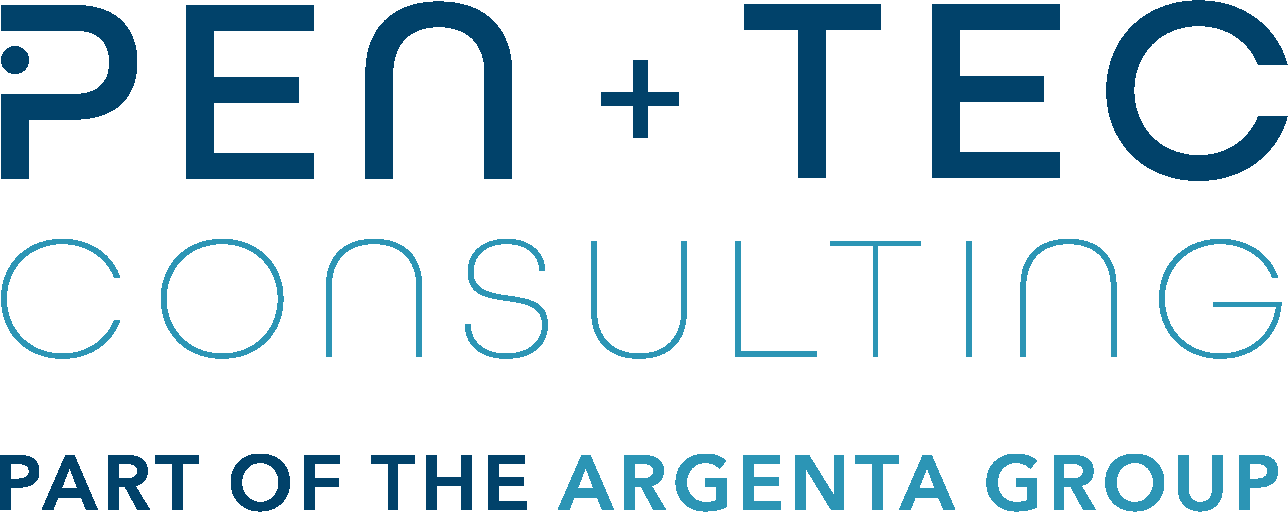Are you ready for renewal – is your feed additive authorisation about to expire?
Posted 22 October, 2019
Feed additive authorisations must be renewed every 10 years. According to current legislation (Com. Reg. (EC) No. 1831/2003), an application shall be sent to the European Commission (EC) and the European Food Safety Authority (EFSA) at least 1 year before the authorisation expiry date. Therefore, it is wise to start preparing your renewal dossier 8 years after product approval. Do you know what is needed for a renewal dossier? Let’s go into detail!

Have there been any changes to your additive during the period of authorisation?
Section I:
According to current EFSA guidance on renewals (2013), any additional information available on the additive or a proposal for changes to the conditions of use of your current authorisation should be summarised in Section I. Please remember that for renewals, a copy of the original (or last renewal) authorisation should be attached!
Section II: Identity & characterisation
In terms of identity, EFSA expects you to submit recent (not older than one year) batch to batch variation and purity data. In case your additive has undergone any changes to the manufacturing process or composition, you should also provide new relevant data on physical properties, stability and/or homogeneity, and consider any potential impact on safety.
Science moves ahead and so do EFSA. In case you haven’t checked the latest guidance, it is worth carefully checking your data against the latest EFSA guidance documents. Our expert technical team can save you time performing data audits to make sure the information you have is fully compliant and advise wherever new data needs to be generated.
Most importantly… Is your additive still safe?
Section III: Safety
For Section III, applicants must demonstrate that their product is still safe & no known adverse effects have been reported during the authorisation period for target animals, consumers, users and the environment. In addition to this, a report on the results of the post-market monitoring and an EFSA-compliant literature search is required. If you don’t know how to perform an EFSA-compliant literature search there is no need to worry, send us an email and we will be happy to assist you.
Section IV: Efficacy
Would you like to claim a lower effective dose for your additive? If that’s the case, EFSA will expect you to provide additional efficacy studies at the proposed lower dose. If there are no changes to the dose, then there is no need to include Section IV in your renewal dossier.
However, be careful with coccidiostats/histomonostats. For these additives, EFSA requires the applicant to submit recent susceptibility studies to prove that the product is still effective against recent field isolates of coccidia. Please note that these studies should be no more than one year old at the time of submission!
Section V: Post-market monitoring plan
No need to worry about this section unless you would like to include a proposal for amending or supplementing the conditions of the original authorisation.
What should we expect in the near future?
New EFSA guidance:
An ad-hoc meeting was held between EFSA and stakeholders representatives on 19th June 2019, regarding the need to update the current guidance on renewals (click here for more information). EFSA identified some procedural and scientific areas of improvement, such as highlighting new information in the dossier using a different colour, or the need to align renewal requirements to the updates on EU feed/food regulations (transparency) and to most recent EFSA guidance (taxonomic classification, antimicrobial resistance, genetic modifications, etc.).
Consequently, a new “renewal guidance” is expected to come out in June 2020, where specific safety requirements may be outlined in detail. It is foreseen that renewal applications will need to fill any data gaps from the original assessment. For example, providing results of user safety studies, meeting the requirements of the new EFSA environmental guidance, or even performing additional target animal safety studies for species not previously considered (e.g. fish when supporting an application for all animal species).
New EU regulation on transparency:
Something you should all be aware of is Regulation (EU) 2019/1381 which was published in the official journal earlier in September 2019. This is the new regulation on transparency, and it covers all regulated products in the food chain, including feed additives. The purpose of this new regulation is to increase transparency of EU risk assessment in the food chain & increase the reliability, objectivity & independence of studies evaluated by EFSA. Under this new regulation, there will be important changes to the renewal process:
- Before preparing a renewal dossier, applicants must notify EFSA to see if any studies are required.
- During this process, EFSA launches a consultation process on planned studies & for this, third parties may be included.
- Once EFSA has finished their consultation process, they will provide the applicant with tailor-made advice on the content of the renewal dossier & the design of any studies needed to be performed.
- The outcome of the consultation process & any advice given by EFSA will be made publicly available.
Please note that the new regulation on transparency will apply from 27th March 2021!
Ready to start?
Let us help you! Submission of renewal dossiers is one of our key services, so in case you need assistance on this or any other registration process, please do not hesitate to contact us!

By Mikel Goñi, Regulatory Affairs Associate
Pen & Tec Consulting
